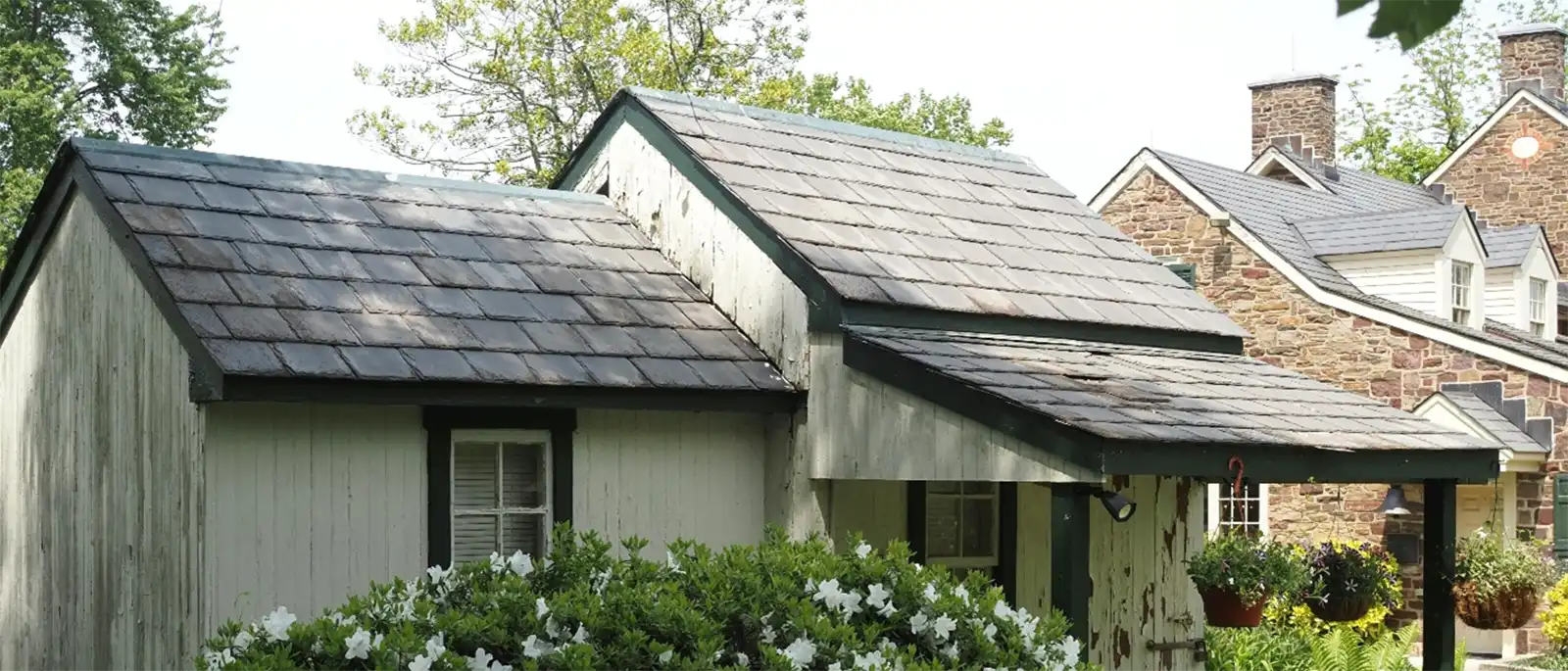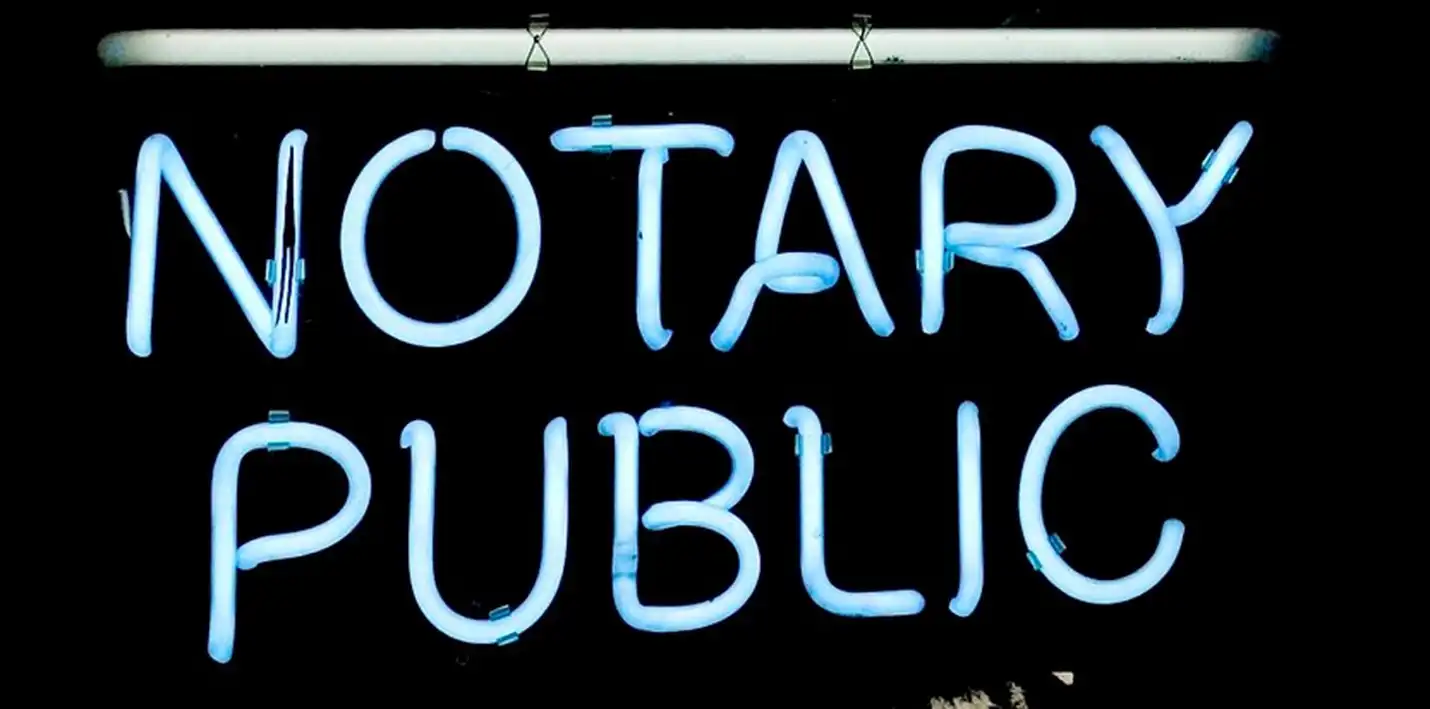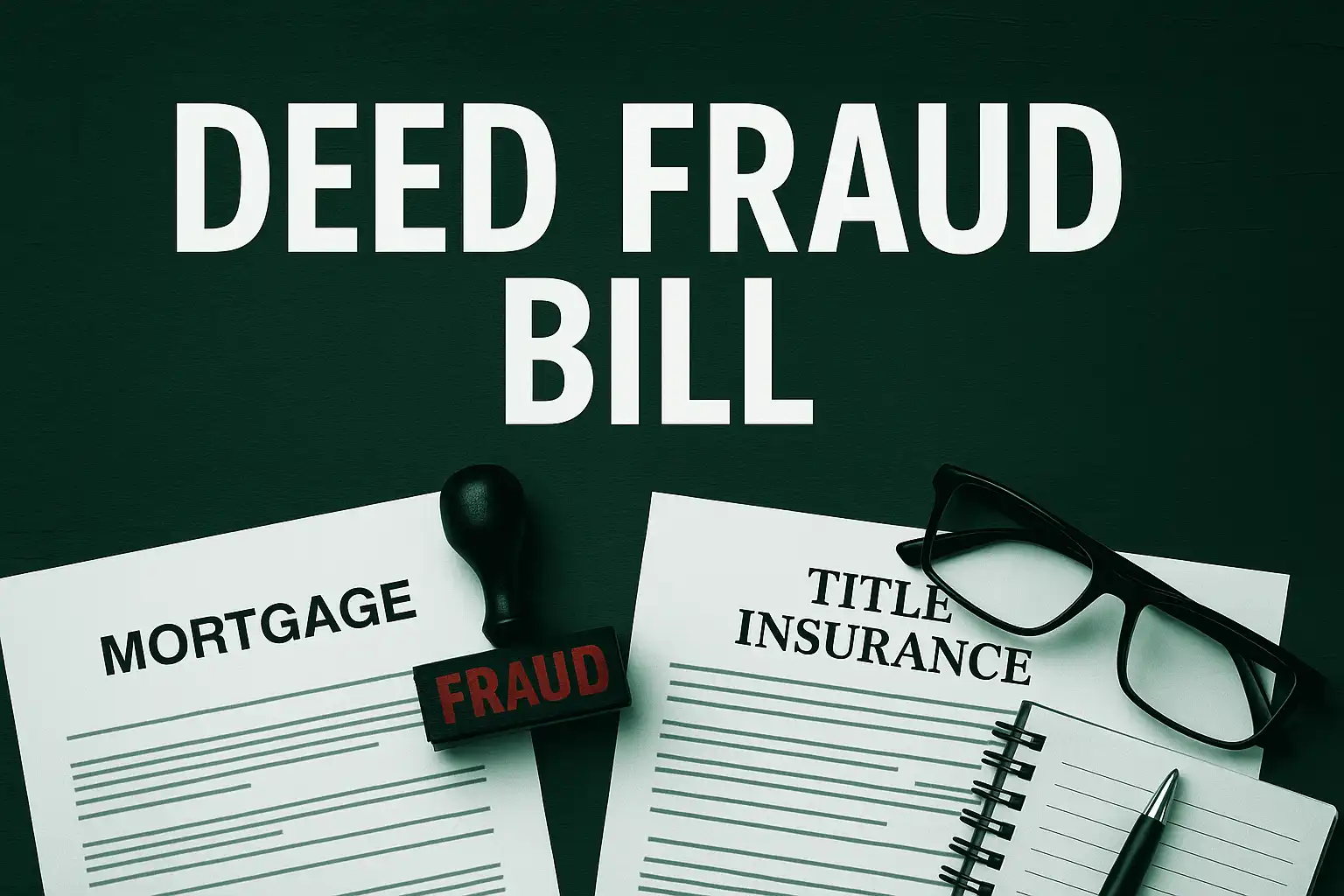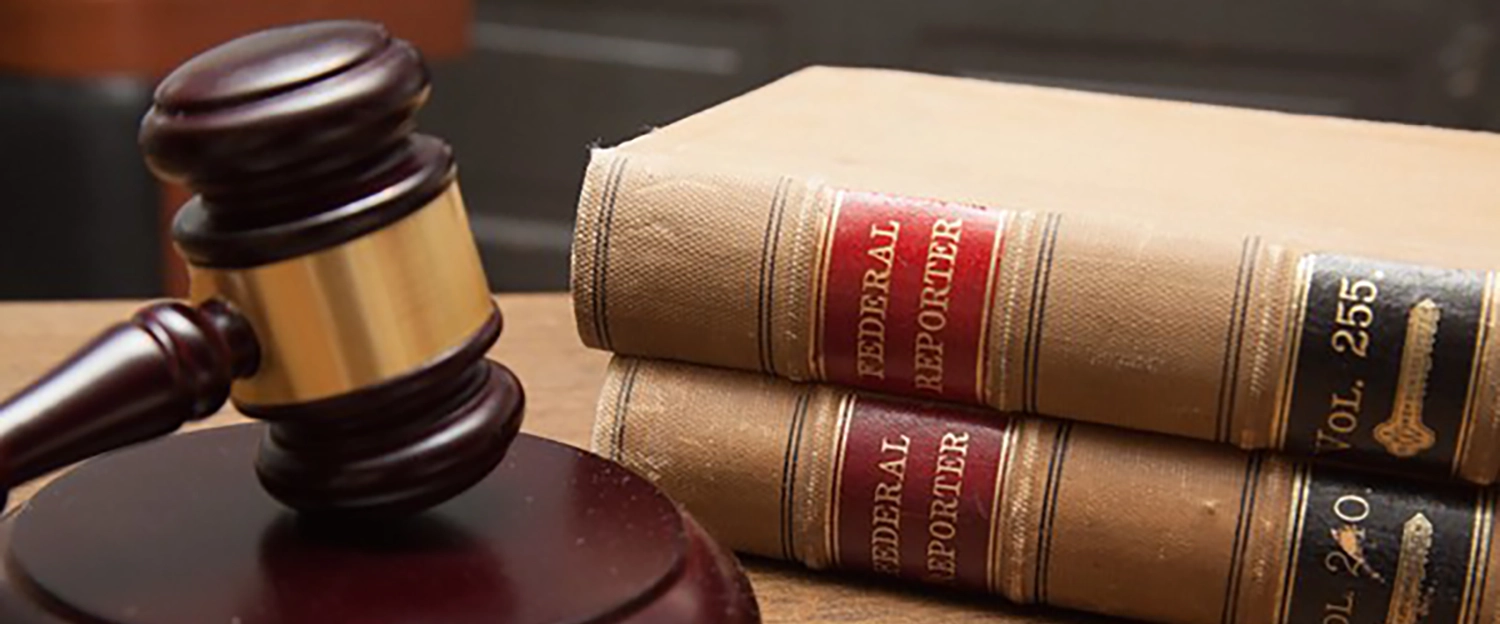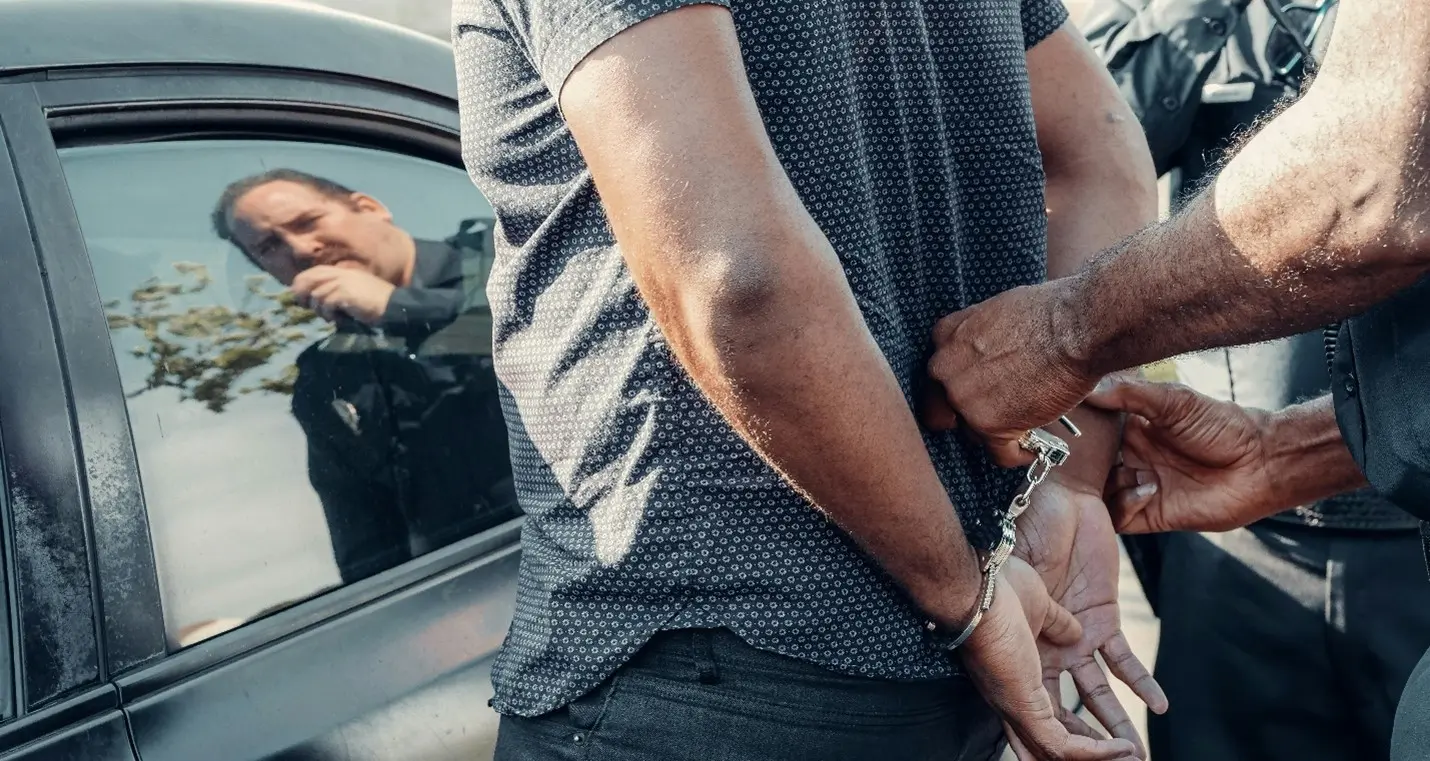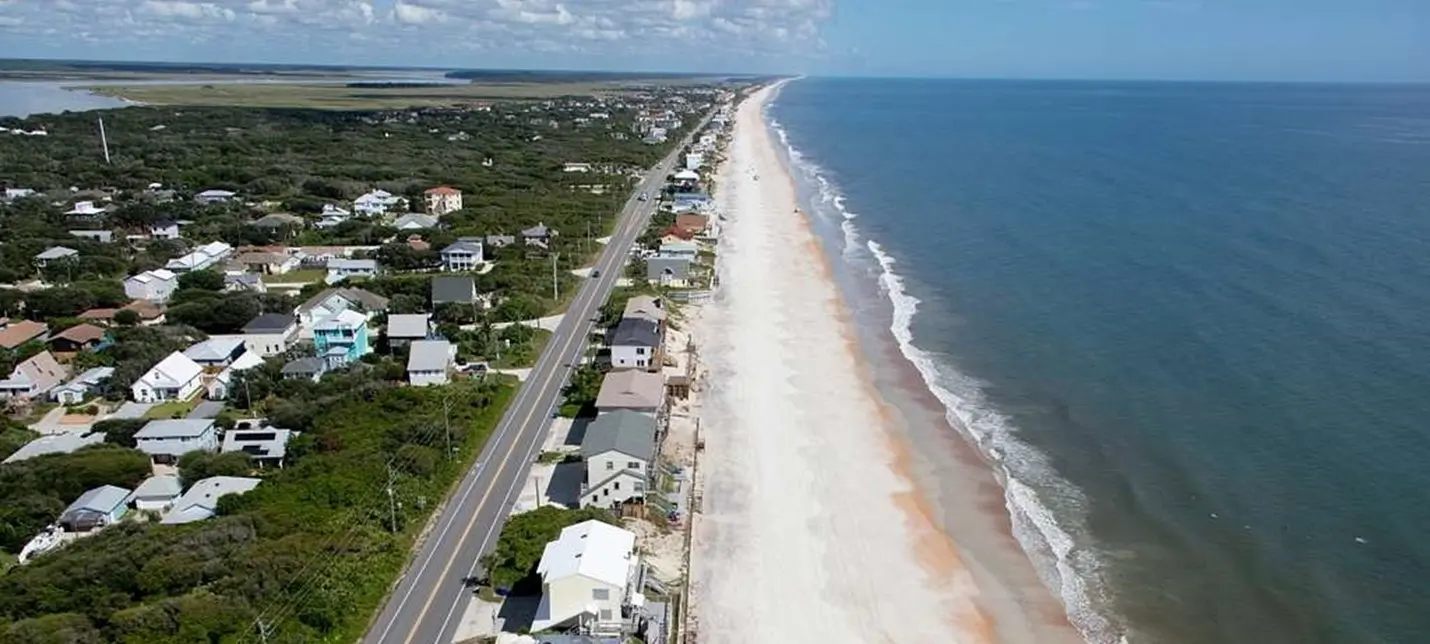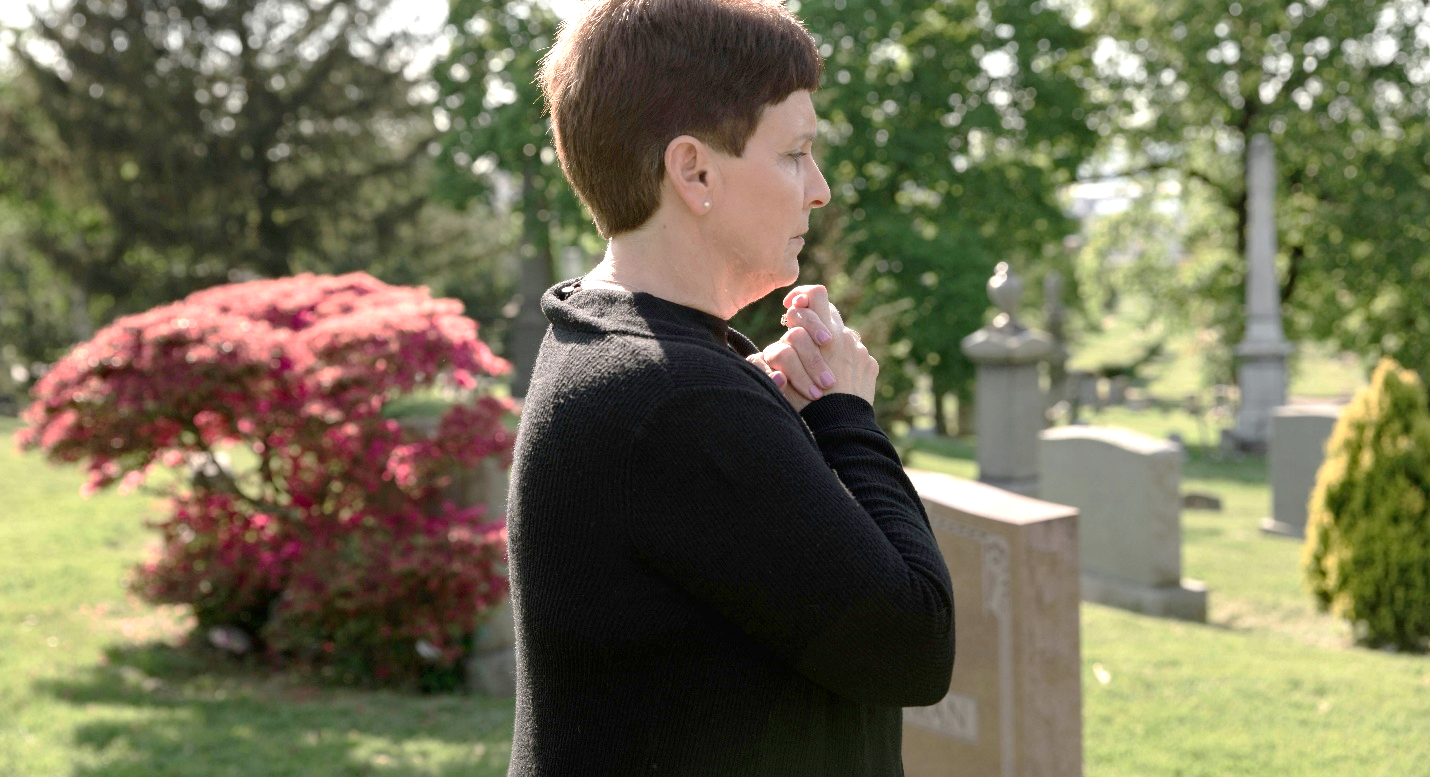Category: Deed Fraud
-

Will Pennsylvania Criminalize Deed Theft?
Deed fraud, or deed theft, is the improper transfer of property ownership by deceit. In most states, it’s a very rare incident. But when it happens, it’s devastating. State criminal laws do generally deal with theft, forgery, and fraud. And yet, many don’t have a specific law for deed theft. In Pennsylvania, Representatives Christopher…
-

Say It Ain’t So: A Pennsylvania Notary, Stealing Deeds?
The point of having a deed notarized is to ensure its legitimacy. Or so most people would think. A notary public is appointed by the state to witness the signing of legally significant papers, including deeds used to transfer home properties. Honesty and integrity are key traits for anyone performing this role. But recently,…
-

Opinion: Who Really Wins? New York’s Deed Fraud Bill Protects Title Insurers, Not Homeowners
New York lawmakers have introduced Senate Bill 7732 as a response to the growing crisis of deed fraud — a real and rising threat to property owners across the country. On the surface, the bill looks like reform. But a closer look reveals what it really is: a convenient liability shield for title insurers.
-

Ghoulish: Who Steals Deeds From the Dead?
In Houston, stealing deeds from dead people is a thing. Investigators are looking into a deed fraud scheme carried out by three people. These people allegedly laundered deeds of dead homeowners through their limited liability companies. Then they sold the homes to unsuspecting buyers. They’ve pulled in hundreds of thousands of dollars. “This is no…
-

Borrowing Against Your Title to Ward Off Deed Theft: A Smart Idea?
Some deed holders deliberately get a lien recorded on their properties to make it harder for anyone to commit deed theft and take their homes. Is there anything to this? First, it’s music to our ears when homeowners ask how to keep their deeds safe and sound. Borrowing against home equity to get a voluntary…
-

Behind Their Backs: The Pain of Finding Out About Malicious Deed Transfers
From time to time, we talk about deed theft here. But what actually happens, from the deed holder’s point of view? Here’s what it’s like — and how to protect your deed.
-

Follow That Land Rover! Deed Thieves in California Brought to Justice
Imagine someone gaining control of your home title through deed theft. Then they take a loan out against your home. Someone you don’t know. A loan never heard about. Then, the scoundrel went out and bought a Land Rover with your property value, and used it to start their own winery. The Land Rover deed…
-

Bad Deeds Shouldn’t Go Unpunished: Fraud Updates From All Over
A quitclaim deed is a useful tool, when created by the right hands and transferred for the right reasons. But in the hands of forgers and swindlers, these instruments harm people. Especially seniors, the families of deceased homeowners, and people who don’t live in their homes. But actually, anyone could be caught up in a…
-

Selling a Home, But Not Your Own: The Dramatic Rise of Seller Impersonation Fraud
The American Land Title Association surveyed hundreds of title companies — 783, to be precise — and found seller impersonation fraud rising year over year. More than 20% of the firms reported recent instances of this bizarre activity. Crafting elaborate hoaxes, these con artists pretend to be ordinary real estate owners. They are masters of…
-

It’s a Crime! Deed Theft Crackdown Gets Serious
Deed theft deprives homeowners — and generations that follow them — of the precious home equity they worked so hard to earn. When someone sets out to exploit someone else’s deed, the targets are often seniors, minority households, and people who own debt-free homes in gentrifying neighborhoods. In New York, as of 2024, deed theft…
-

Deed Theft Should Not Exist
What Does It Take to Safeguard a Title? If you hold the deed, you can’t be evicted, right? True — except if your deed is pulled out from under you by a nasty actor. It shouldn’t happen, but it does. Just ask Dada, a homeowner in Oklahoma City. Someone recorded a quitclaim on Dada’s deed,…
-

Now They’re Holding Titles for Ransom? Here’s How Real Estate Scammers Target Floridians (and the Rest of Us)
St. Johns County, which includes St. Augustine Beach, has plenty of attractive real estate. Just beware the trickster who holds a deed for ransom. One of the seniors who lives in St. Johns sounded the alarm. Some shady firm told her to pay $20K to get her title back. It’s a trend in which local…
-

Register of Deeds Blasts Crooks Who Steal Homes Out From Under Owners’ Funerals
The Register of Deeds of Shelby County, Tennessee recently took to a live television newscast to warn the public about scammers scouring funeral listings and obituaries. They’re looking for dead people whose homes they can steal. They forge deeds. They record bogus title transfers. Once they have control over their ill-gotten homes, criminals sell them,…
-

Ahoy There, Matey! Look Out for the Title Pirates
We all know about porch pirates… but look out for title pirates. They’ll take your whole porch. Title piracy is deed fraud. It happens when someone uses a deed to deliberately take over someone else’s real estate. It’s an unusual crime, but according to the National Association of REALTORS® (which cites FBI figures), it’s been…

